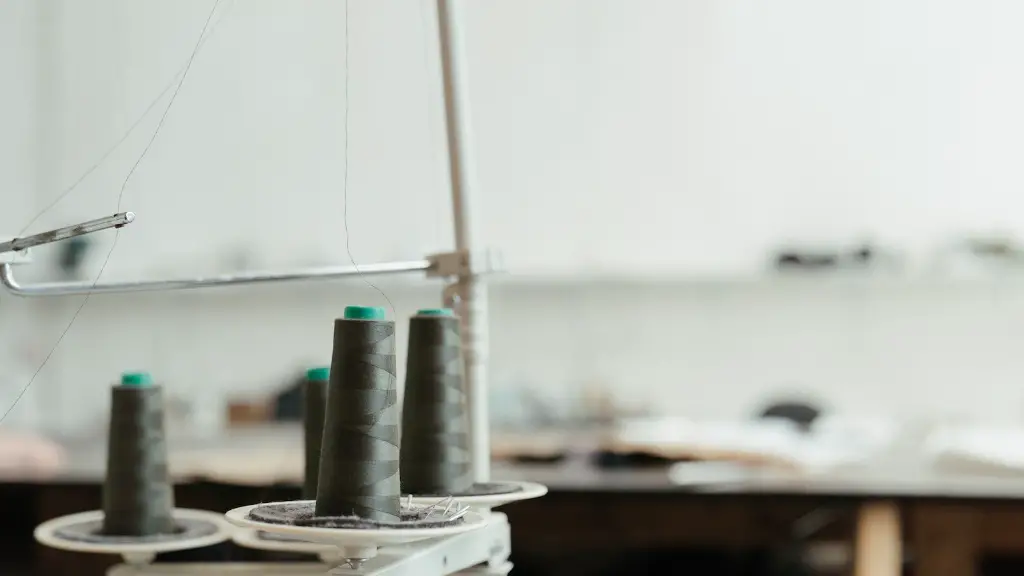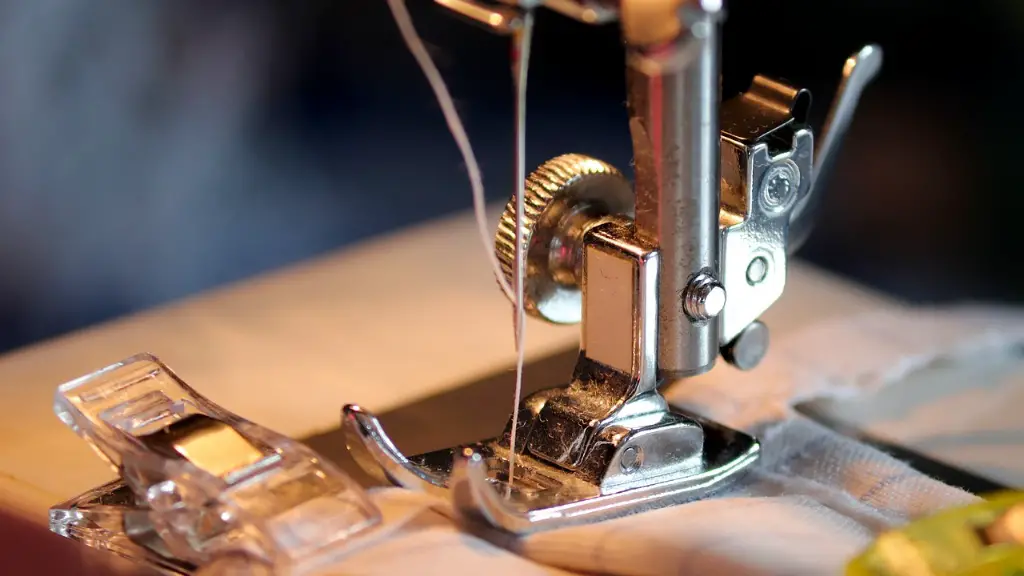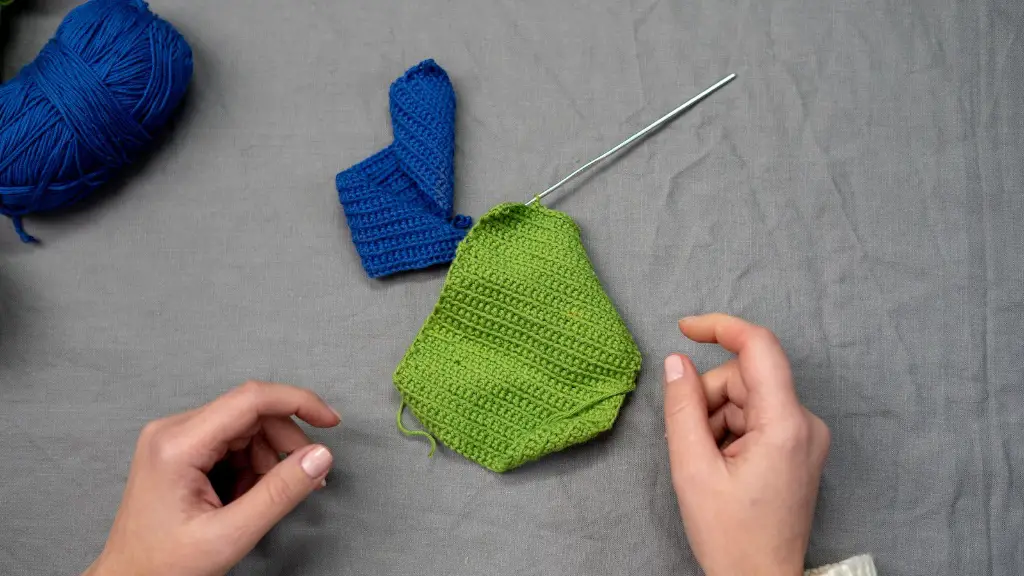Basic Threads
Many people assume that you can use any type of thread for sewing, but nothing could be further from the truth. The right thread for your project depends on the fabric you are working with, the stitch you are making, and the overall look you are going for. To make sure your project looks professional, it is important to choose the right thread.
Cotton thread is the most common type used for sewing. It is a natural fiber that is available in a variety of weights and colors. It is perfect for light to medium weight fabrics and is ideal for decorative stitching and mending. Cotton thread is relatively strong, but not as strong as polyester or nylon thread.
Types of Thread
Polyester thread is strong and durable and is the best choice for projects that require a lot of strength, such as smocking or quilting. Polyester thread comes in a wide range of colors, weights, and finishes. It also resists shrinking and fading, making it perfect for projects that will get a lot of wear and tear.
Nylon thread is even stronger than polyester and is great for making buttonholes and edgestitching. It is also a good choice for sewing stretchy fabrics, such as jersey or Lycra, as it stretches with the fabric.
Metallic thread is a bit of a different beast as it is usually made from a combination of polyester and metal. It is great for giving a project a touch of sparkle or shine and is often used for decorative stitching or lace making.
Threading a Machine
No matter which type of thread you are using, it is important to thread the machine properly. Start by threading the needle, then the bobbin and finally the looper with the correct tension. Make sure the machine is threaded with the same type of thread on both the top thread and the bobbin. It is also important to regularly clean the machine to prevent any buildup of lint or dust.
Stitch Length
The size and length of stitches is also important. For general sewing projects, a stitch length of 3-4 stitches per inch is generally recommended. If a project requires a lot of strength, such as smocking or stitching elastic, a longer stitch length of 5-6 stitches per inch is better.
Choosing Threads
To choose the right type of thread for a project, you need to consider several factors. The fabric you are using and the type of stitch you are making are the key factors. Natural fibers such as cotton are great for general sewing, but for extra strength and durability, polyester and nylon are the better choice. Metallic thread is best used for decorative or special occasion projects.
Using Thread Wisely
When sewing, it is important to use the right type of thread for the job. It is also important to remember that different fabrics require different types of thread. Make sure to always test your thread on a scrap of the same fabric before you start your project. This will help ensure the thread does not break or cause puckering when sewing your garment.
Storing Threads
Thread should be stored away from direct sunlight, as this can cause discoloration and fading. It is also important to check that the thread is in good condition before using it. Thread will last longer if it is properly stored in a cool and dry place away from dust and dirt.
Proper Care and Maintenance
Most threads will last much longer if they are treated with care and given regular maintenance. It is important to keep the tension of your machine and the tension of the thread adjusted and adjusted properly. This will help prevent thread breakage, tangling, and other problems. It is also important to regularly clean and oil your machine and change the needle frequently to ensure the thread runs smoothly and remains strong.
Determining Quality
The quality of thread can have a major impact on the quality of your sewing project. The best way to determine the quality of a thread is to look for a good balance between strength and flexibility. A good thread should be both strong enough to hold it together, yet flexible enough to be easy to work with. It should also have a smooth finish and be colorfast.
Conclusion
Although you may be tempted to use any thread for your sewing machine, it is best to choose the right type of thread for your project. Cotton thread is great for lighter fabrics, while polyester, nylon, and metallic threads are better for heavier fabrics. It is also important to adjust the tension and clean and oil your machine regularly for best results. Finally, make sure to test your thread on a scrap piece of fabric before starting your project.


